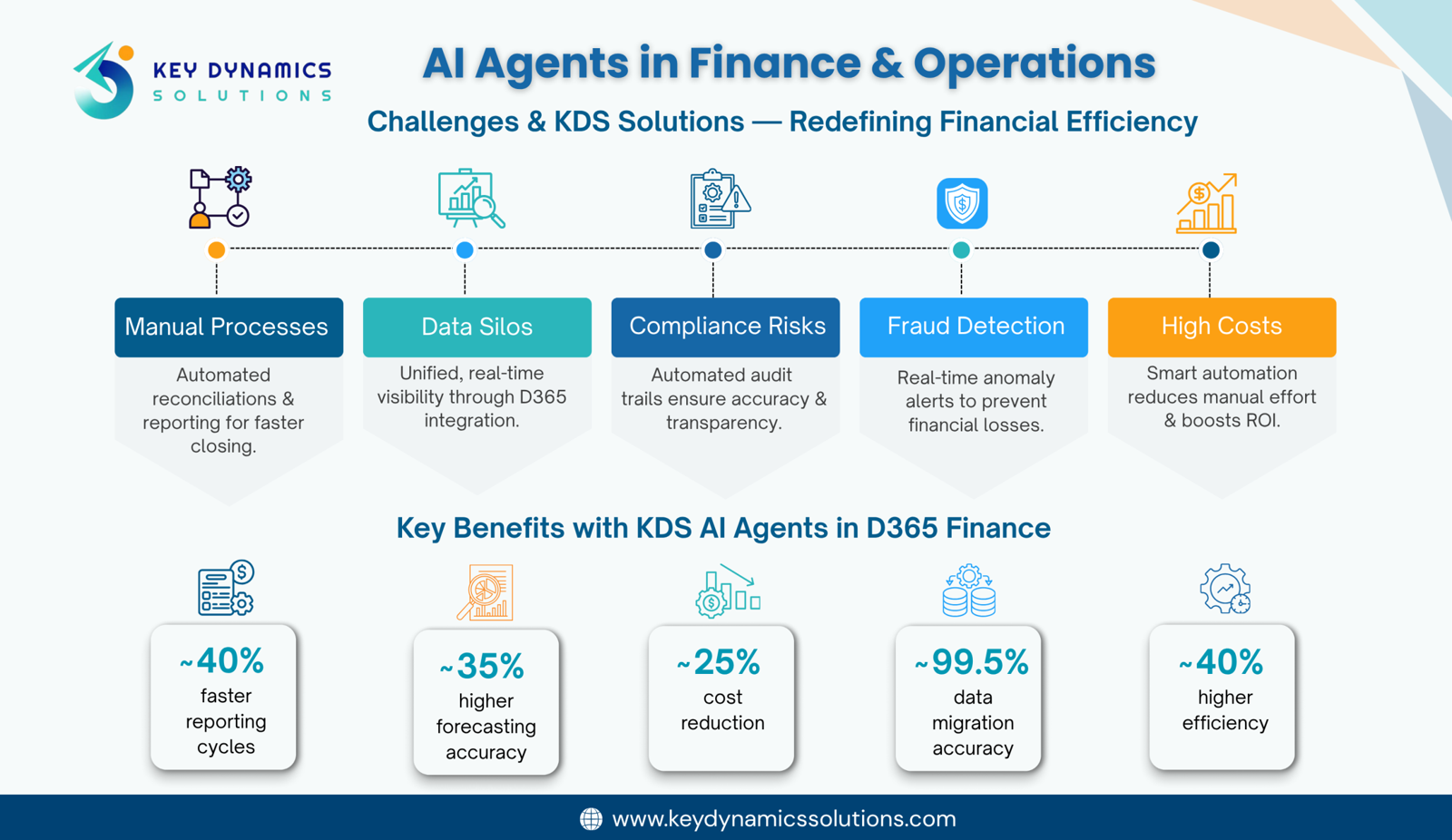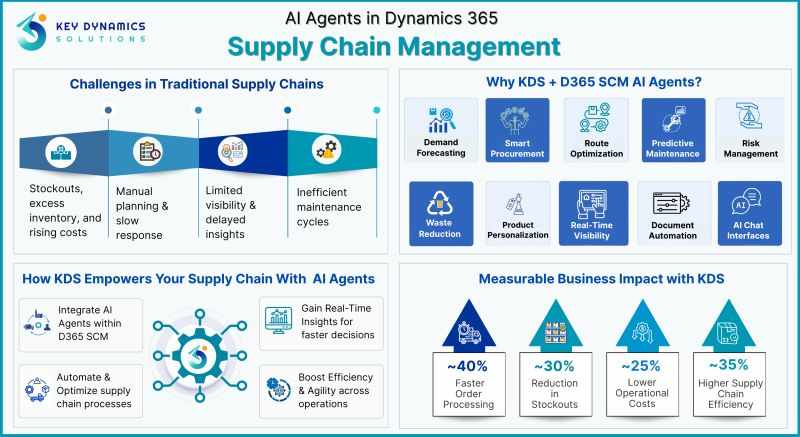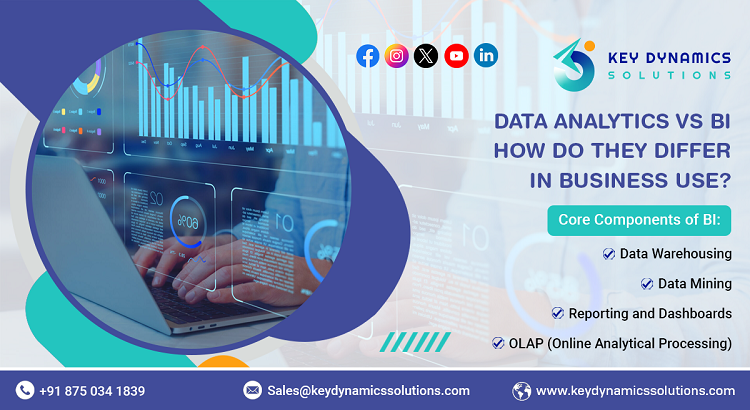
In today’s data-driven world, organizations are constantly seeking ways to gain a competitive edge, increase efficiency, and improve decision-making. One of the most transformative approaches to achieving these goals is the application of machine learning (ML). However, effectively integrating ML into business strategies requires more than just algorithms and data—it calls for expert guidance. This is where machine learning consulting steps in, serving as a crucial bridge between cutting-edge technology and real-world business needs.
The Role of ML Consulting
Machine learning consulting & AI in healthcare involves helping organizations identify, design, and implement ML solutions tailored to their specific goals. Consultants provide expertise that spans data science, business strategy, and technology, allowing companies to make data-backed decisions with greater accuracy and confidence.
ML consultants assess the current data infrastructure, identify opportunities for automation or optimization, and guide clients through the development of intelligent systems. Whether it’s forecasting demand, detecting fraud, or personalizing customer experiences, consultants help businesses unlock the full potential of their data assets.
Enhancing Decision-Making Through ML
At the heart of machine learning is its ability to find patterns and make predictions. For business leaders, this means turning complex, unstructured data into actionable insights. Here’s how ML consulting contributes to smarter decision-making:
1. Data-Driven Strategy Development
ML consultants assist businesses in moving from intuition-based to evidence-based decision-making. By leveraging predictive analytics and advanced data modeling, companies can develop strategies rooted in real-time data trends and customer behavior. This reduces uncertainty and increases the likelihood of successful outcomes.
For example, a company might use ML to forecast customer churn. By identifying the early warning signs, leadership can take targeted actions to retain high-risk customers before they leave, rather than reacting after the fact.
2. Identifying Hidden Opportunities
Machine learning models are capable of analyzing massive datasets far beyond the scope of human capability. Consultants help uncover hidden patterns and correlations that may otherwise go unnoticed. These insights can lead to innovation, process improvements, or the discovery of new revenue streams.
For instance, analyzing customer purchase history with ML might reveal cross-selling opportunities that weren't obvious before. Consultants can guide companies in deploying recommendation engines or dynamic pricing models that adapt to customer behavior in real time.
3. Optimizing Operations
From inventory management to supply chain logistics, Healthcare supply chain management machine learning can significantly streamline business operations. Consultants work with clients to design algorithms that predict demand, optimize resource allocation, and reduce waste.
For a manufacturing company, an ML-powered system could predict equipment failure before it happens, enabling proactive maintenance. This not only saves costs but also minimizes downtime, improving overall efficiency.
4. Personalizing Customer Experience
Modern customers expect tailored experiences. ML consulting enables businesses to deliver hyper-personalized content, product recommendations, and support. By using techniques like natural language processing and behavioral segmentation, consultants help businesses better understand and anticipate customer needs.
This level of personalization doesn’t just enhance the user experience—it also drives engagement, boosts conversion rates, and fosters brand loyalty.
5. Risk Management and Fraud Detection
In sectors like finance, insurance, and e-commerce, detecting anomalies and managing risks is essential. ML consulting equips businesses with the tools to analyze transaction patterns, flag suspicious activities, and assess risks in real-time.
Consultants help develop models that evolve with emerging threats, providing a robust framework for cybersecurity and compliance efforts. As the threat landscape changes, these adaptive models stay ahead of bad actors, reducing exposure and safeguarding assets.
Overcoming Implementation Challenges
Despite the clear benefits, implementing ML solutions is not without its challenges. Many organizations struggle with issues like poor data quality, unclear goals, or lack of in-house expertise. Machine learning consultants play a vital role in overcoming these hurdles:
Clarifying Objectives: Consultants begin by understanding the business goals and framing them into ML problems. This ensures that the solutions are aligned with measurable outcomes.
Ensuring Data Readiness: ML success relies on quality data. Consultants audit existing datasets, identify gaps, and recommend steps to clean, enrich, and structure data for analysis.
Navigating Tech Complexity: ML implementation often requires integrating multiple tools and platforms. Consultants simplify this by selecting the right technologies and ensuring compatibility with existing systems.
Promoting Adoption: Beyond the technical setup, consultants focus on change management—training teams, creating buy-in, and ensuring that the solution is actually used by decision-makers.
Use Cases Across Industries
The impact of ML consulting spans industries:
Healthcare: Predictive modeling for patient diagnosis, treatment optimization, and hospital resource management.
Retail: Personalized marketing campaigns, customer segmentation, and demand forecasting.
Finance: Credit scoring, portfolio optimization, and fraud detection.
Manufacturing: Quality control, process automation, and predictive maintenance.
Logistics: Route optimization, delivery forecasting, and warehouse automation.
Each of these sectors benefits from a tailored approach, with consultants customizing solutions based on the unique data and business needs of the organization.
Looking Ahead: The Future of ML Consulting
As machine learning continues to evolve, so too will the role of consultants. The future of ML consulting will likely focus on:
Ethical AI and Bias Mitigation: Helping businesses develop responsible AI systems that are transparent and fair.
AutoML and Low-Code Tools: Guiding organizations in using simplified tools while still maintaining strategic oversight.
Edge Computing: Enabling real-time ML applications in areas like IoT, autonomous systems, and mobile devices.
Sustainability Analytics: Using ML to support environmentally responsible decision-making, such as optimizing energy usage or reducing waste.
ML consulting will remain essential as organizations navigate increasingly complex data landscapes and rising expectations for intelligent automation.
Conclusion
Ai and machine learning consulting is more than a technical service—it’s a strategic partnership. By aligning business goals with advanced analytics and intelligent systems, consultants empower organizations to make smarter, faster, and more informed decisions. Whether you're exploring ML for the first time or scaling existing initiatives, expert guidance can make the difference between a good idea and a transformative solution.
With the right support, any organization can harness the power of machine learning to drive meaningful, data-backed growth.
Read Also: How a Modern CRM System Enhances Customer Engagement
















Write a comment ...